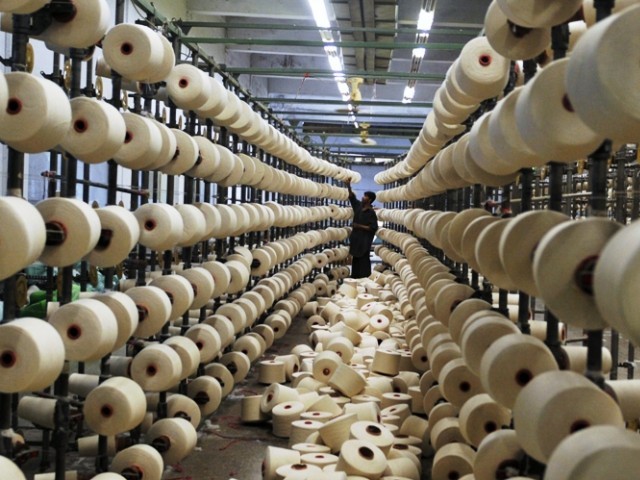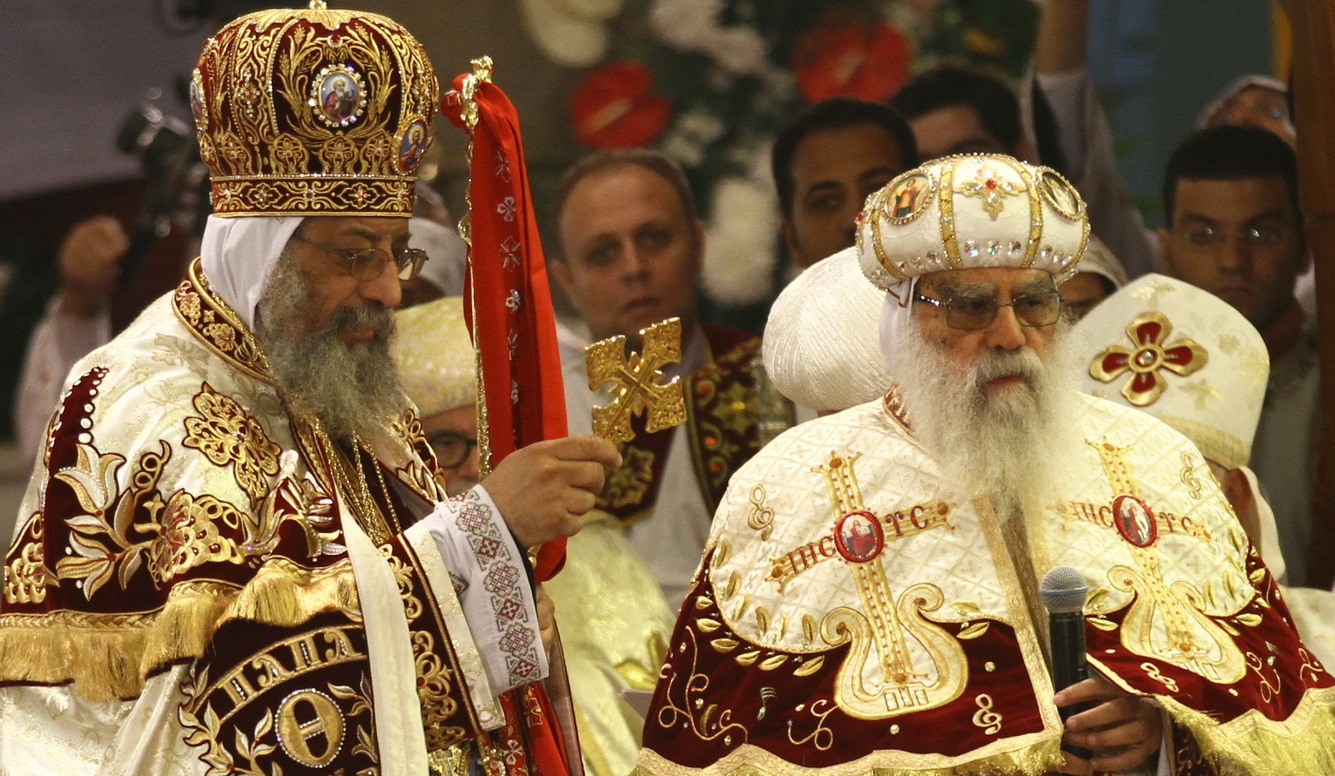Aiming to initiate global social change, the Pathways of Women’s Empowerment Research Program is using different forms of art to set examples for communities around the world about positive change in women’s lives.
“With funding from the British government’s Department for International Development (DFID), researchers in a diversity of places – from Afghanistan to Brazil, global policy institutions to rural Sierra Leone – are opening up long-held assumptions about women, power and social change to critical scrutiny, Andrea Cornwall, program director, said.
“What we are exploring is an entirely different approach: one that is framed by lived experience rather than stereotypes; one that can countenance contradictions and celebrate plural visions and versions of empowerment that fit with the contexts in which they are voiced; and one that can reframe empowerment in ways that restore its power as a concept to serve the struggle for a more just and equal world, she added.
The program’s network of institutions and individuals links academics, activists and practitioners from Bangladesh, Brazil, Egypt, Ghana, Nigeria, Palestine, Pakistan, Sierra Leone, Sudan and the United Kingdom. All are working to advance women’s empowerment, change false conceptions, stereotypes and prejudices, facilitate reflective practice for those working for women’s empowerment in global policy spaces and to challenge and change the existing power imbalances detrimental to women’s lives.
Pathways of Women’s Empowerment has five research hubs located in Africa, Latin America, the Middle East, South Asia and the UK. The Middle East branch is represented by Egypt, based in the Social Research Center at the American University in Cairo.
As part of the program, the Development Studies Program at BRAC University in Bangladesh produced “Stories of Change, a documentary centering on five different women from Bangladesh facing various challenges and how they manage to eventually realize their dreams.
The stories of the five featured characters are both inspiring and compelling. Champa Chakma, is a 16-year-old cricket champion; Kamala Rani Ray, a goldsmith, started to run the family jewelry business at Chandaikona Bazaar and to look after her sisters following her father’s death.
Bilkish Akther Sumi is a photojournalist from the conservative region of Sylhet. Begum Rokeya, a 60-year-old social activist, overcame barriers and a bad marriage to create opportunities for herself and women like her. Finally, Dipaly Goala is a 22-year-old school teacher and field worker who works among the tea laborers of Lakatura tea estate.
Another project showcased recently in Cairo was the exhibition titled “Changing Images of Women in Bangladesh, where 13 young photographers presented images that aim to bring about a greater understanding towards women’s social and cultural positioning.
British filmmaker Paulina Tervo contributed to the program with an impressive film called “Thorns and Silk. The film tells four unusual stories from Palestine whose protagonists are women taking on jobs that are conventionally associated with men. All four had the courage to defy traditions, though not without challenges.
Tervo dips into the life of a wedding videographer, who film female-only weddings in the most conservative part of Palestine; listens to anecdotes told by female taxi drivers working in the Israeli part of Jerusalem; and learns about the hardships in occupied Nablus from a mother managing her family’s toilet-paper factory.
Egypt is represented in the program by Hala Kamal, an assistant professor at Cairo University and coordinator of the Translation Project at the Women and Memory Forum (WMF). Along with her colleagues at the WMF, Kamal has been delving into history to highlight the role of women throughout the ages.
Kamal and her peers are also writing books that magnify the role of women in Arab societies. One of their rather intriguing publications is a rewrite of the Arabian Nights, portraying Scheherazade as an independent, daring woman fighting to accomplish her goals.
Another partner in the program, the Nucleus for Interdisciplinary Women’s Studies (NEIM) at the Federal University of Bahia, Brazil, has produced a documentary tackling women-related issues, such as political participation, abortion and prostitutes’ right.
Researchers and contributors to the program met in Cairo where they exchanged information and shared their work.
“It feels apt to be presenting these films for the first time in Egypt, a country that in many ways embodies the understanding of the link between art and power and the importance of representation in shaping our understanding of reality, said Tessa Lewin, communications manager of Pathways of Women’s Empowerment.
“With these films we wanted to make concrete cultural artifacts that translate some of our ideas into something that can be talked about and we want to show images of women that don’t position them as victims and that facilitate questions about what it means to be empowered.


